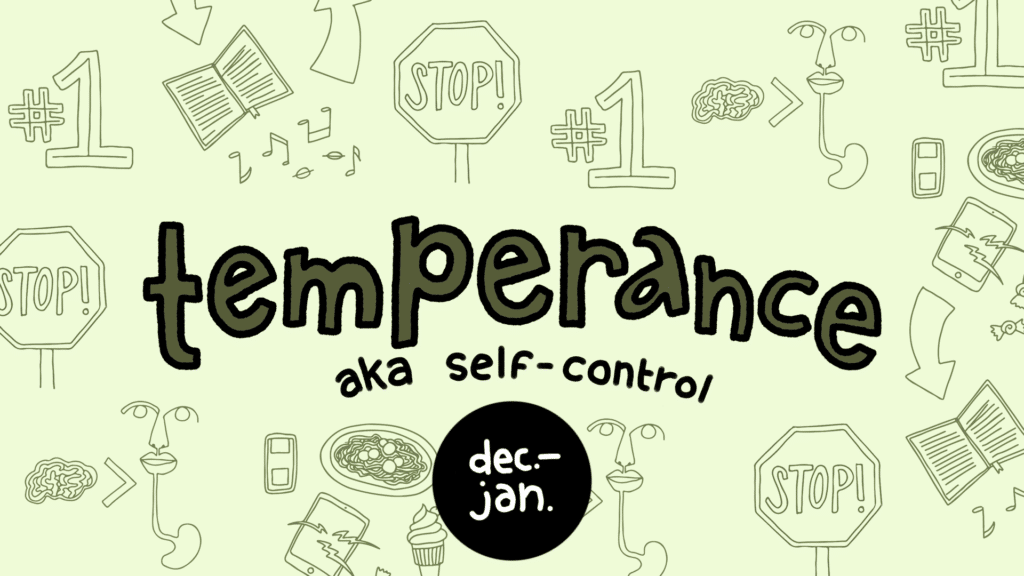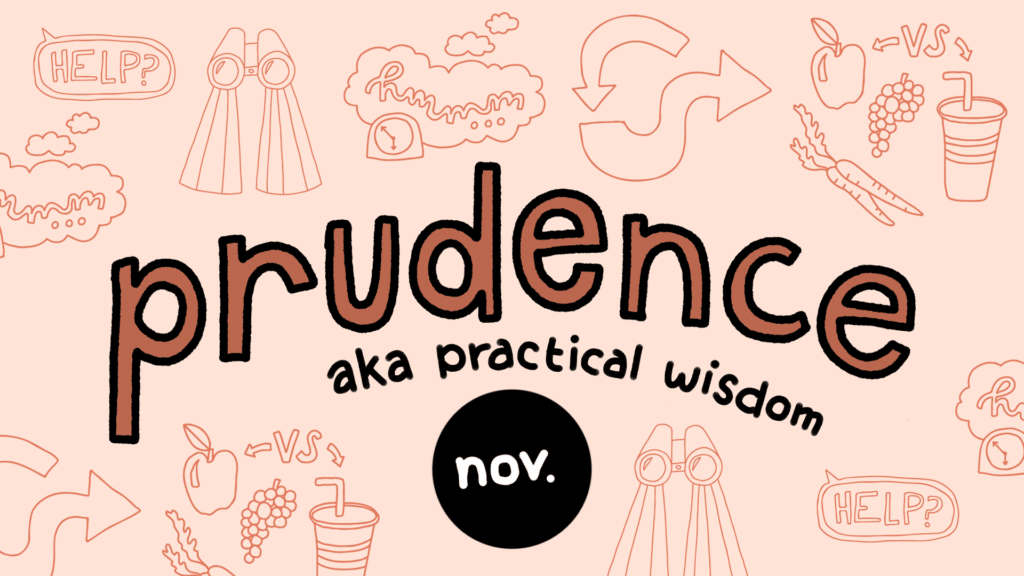
Today’s guest blogger is our very own librarian, Emily Ferrarini, who has written this wonderful guide to beginning chapter books. Read on to learn more about this stage, to and for plenty of fantastic book suggestions!

One of the most frequent requests I get in the library is for beginner chapter books. Typically around second or third grade, students are ready to start reading longer books independently. They have outgrown BOB books, The Cat in the Hat, and the like, but aren’t quite ready to dive into a larger book on their own. It can be intimidating to look around at the library, when many of the books may be too long for them, or full of words that take time to decode. Children at this stage need books that are just enough of a challenge that they are continuing to build fluency and skill, but not so much of a challenge that they feel defeated when they open a book to a sea of complicated text. A book that holds their attention and propels them to continue reading, even when they encounter tough words, is especially important at this stage. A reluctant reader can quickly become a resistant reader if they aren’t given materials that spark their interest. Our lucky SLOCA students are already having their minds and souls fed with beautiful literature when their parents read out loud to them – great job, parents! – but it’s also important for them to begin strengthening their independent reading skills.
 Today, I will share with you some of my favorite series for students at this stage. While they can’t all be found here in our small library, you can track them down at your local public library, where they are sometimes separated out into a section called Early Chapter Books, First Chapter Books, or Beginning Chapter Books. One library simply has them marked with a hot air balloon on the spine, with the idea that these kids are “moving on up” in the world of reading. Ask the children’s librarian for help finding books at the right level.
Today, I will share with you some of my favorite series for students at this stage. While they can’t all be found here in our small library, you can track them down at your local public library, where they are sometimes separated out into a section called Early Chapter Books, First Chapter Books, or Beginning Chapter Books. One library simply has them marked with a hot air balloon on the spine, with the idea that these kids are “moving on up” in the world of reading. Ask the children’s librarian for help finding books at the right level.
Why series? When a student becomes familiar with an author’s style, organization, and characters, it frees their minds up to focus on comprehending the story. They know what to expect, and this is a comfort to them. While this may sound boring to you and me, it’s crucial for kids at this stage who are working hard just to find enjoyment in a book. They won’t stay in this stage forever, but for now, the confidence they gain by being able to digest book after book in a series is crucial to their success. Children simply love series. I know many students who don’t even want to start a book unless they know it’s part of a series. Shrug your shoulders and get the kid a series.
Henry and Mudge is a great place to begin. Cynthia Rylant is a prolific children’s author, and we have enjoyed some of her picture books as our literary analysis books over the years. Henry and Mudge books are sweet, wholesome little adventures. Some students are ready for these in first grade. Rylant has a few other series that are excellent, such as Poppleton, Mr. Putter and Tabby, and The Cobble Street Cousins. Reading level really varies from series to series, so be sure to choose one that looks just right for your child. Let them read something that’s easy for them, but coax them to read something that challenges them every now and then, too. You want to build confidence along with skill, which can be a delicate dance.

Arnold Lobel’s beloved Frog and Toad is another series that is perfect for a very young reader who isn’t quite ready for chapters. The books do technically have chapters, but they are very short, and never very wordy. They are, however, incredibly charming and funny, making them a perfect choice for a new reader who may struggle with decoding words, but does not suffer from any deficit of intellect. Lobel’s characters are some of the most relatable, emotional characters you’ll meet just about anywhere. Frog and Toad are unmissable, but my personal favorite will always be Owl At Home.

Cam Jansen is a great introduction to mysteries. Cam has a photographic memory, which she uses to solve crimes. Mysteries are wonderful for keeping kids reading (building confidence, building fluency.) I love that Cam and her friends are in fifth grade, even though the reading level of these books makes them more appropriate for second graders. This makes it a good choice for an older student who struggles in reading, but might be embarrassed to read anything too babyish.
Another popular mystery series is A to Z Mysteries. I can’t keep them on the shelves!
 I’d be remiss if I failed to mention the ubiquitous Magic Tree House series. These books are what taught me to shrug my shoulders, and give the kids their books. I don’t understand why students love Jack and Annie and their treehouse so much, but they absolutely devour these stories. I love that they expose children to all sorts of historical time periods, cultures, animals, and ideas. These little chapter books cover everything from prehistory to Shakespeare to Vikings to the Olympics. They are mostly fictional, but they’re great for kids who love information, and she has written a few nonfiction books (“field guides”) to accompany the series. Mary Pope Osborne knows how to enchant young children with her writing. I haven’t ruled out actual magic.
I’d be remiss if I failed to mention the ubiquitous Magic Tree House series. These books are what taught me to shrug my shoulders, and give the kids their books. I don’t understand why students love Jack and Annie and their treehouse so much, but they absolutely devour these stories. I love that they expose children to all sorts of historical time periods, cultures, animals, and ideas. These little chapter books cover everything from prehistory to Shakespeare to Vikings to the Olympics. They are mostly fictional, but they’re great for kids who love information, and she has written a few nonfiction books (“field guides”) to accompany the series. Mary Pope Osborne knows how to enchant young children with her writing. I haven’t ruled out actual magic.
 I adore the author Shannon Hale, particularly her longer chapter books for older kids. Her heroines are real and complex. It can’t hurt to start your kids on a great, Newbery-award winning author young, with Hale’s Princess in Black series! These books are incredibly popular.
I adore the author Shannon Hale, particularly her longer chapter books for older kids. Her heroines are real and complex. It can’t hurt to start your kids on a great, Newbery-award winning author young, with Hale’s Princess in Black series! These books are incredibly popular.
Here are a few more favorite series, some that I’ve read, some that my own children read when they were young, and others that have been recommended to me by parents and fellow librarians:
- Ivy and Bean
- Encyclopedia Brown
- Nancy Drew and the Clue Crew (a younger version of the classic series)
- The Stories Julian Tells
- Judy Moody
- Stink
- Notebook of Doom
- Nate the Great
- Horrible Harry
- Dory Fantasmagory
- Chicken Squad
- Dragon Masters
- Kingdom of Wrenly
- Mercy Watson (written by an author your family will continue to appreciate as they grow)
- Not-So-Impossible Tales
- Inspector Fly Trap
- Alvin Ho
- Kung Pow Chicken
- Clementine
I hope that helps as you navigate the library or the bookstore for those just-right books for your children! Just remember to keep reading aloud, even as your kids grow more and more independent. They can understand at a much higher level than they can read, and the books you choose to read aloud (whether curriculum, books from the must reads list, the Battle of the Books lists, or other family favorites) are of a much higher caliber than anything I’ve listed above. (Except Owl At Home. That one is gold.) As classical educators, we believe in beautiful, rich literature that stands the test of time, but it’s okay to provide our kids with digestible, relatable stories that will help them build their independent reading confidence. It’s just one step along the path to a lifelong passion for learning.
Thanks for doing all the research for us, Emily! What a great list, and such helpful and encouraging information to remember about this stage of reading.











